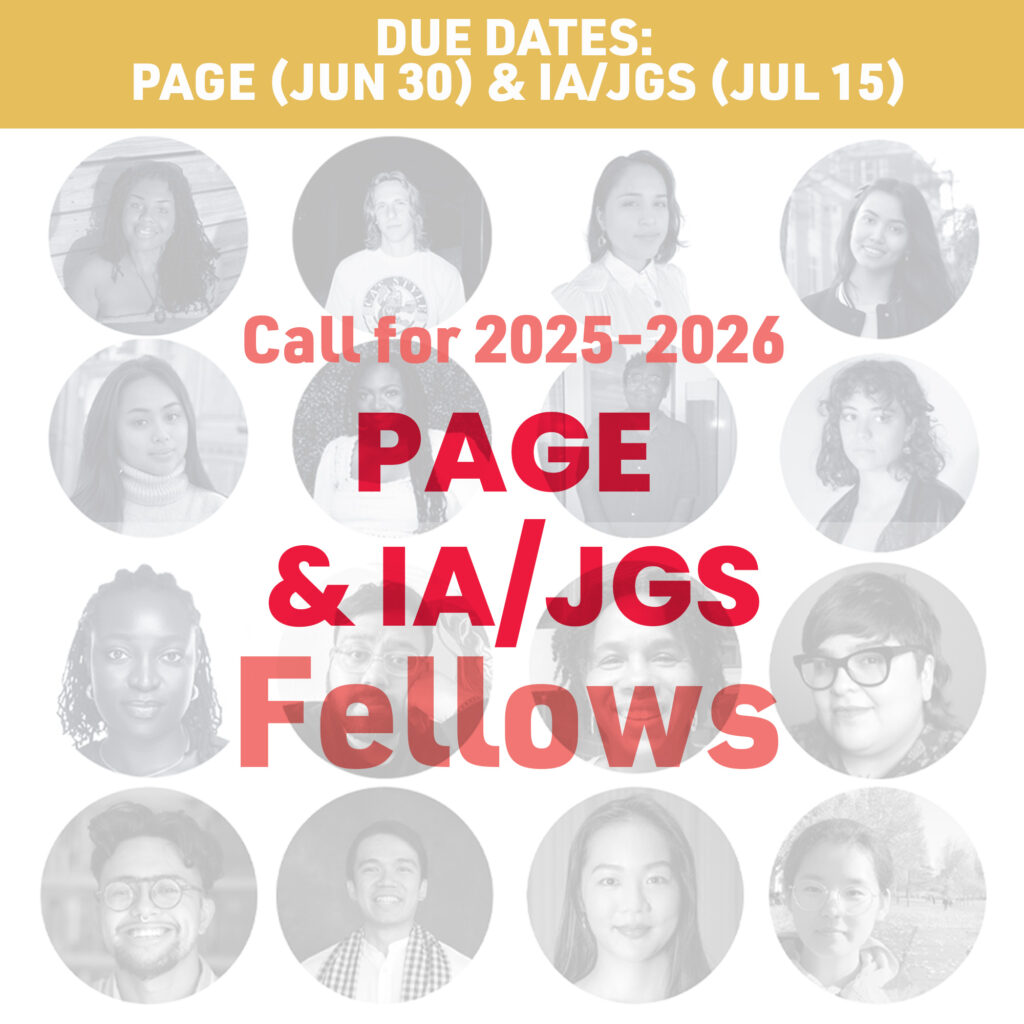Spotlight on Emory University’s Cross-Disciplinary Dialogues and Public Scholarship
This month, we shine a spotlight on the many ways in which faculty and students at Emory University are leveraging the power of public scholarship to foster conversations across and between departments and disciplines through story circles, sidecar courses, and IA engagement tools.
STORY CIRCLES
Emory University uses story circles, modeled on the process developed by Roadside Theater, in a number of ways: to discuss problems or issues that arise in a community, to extend the conversation engendered by a lecture or an event, as a pedagogical tool, as a safe way to discuss difficult issues, and as a way to help people in groups or organizations get to know one another better.
Anchored in the Interdisciplinary Exploration and Scholarship (IDEAS) Fellowship, which brings together students and faculty from across the university, story circles provide a powerful way to create community, to flatten hierarchies and to make connections across perceived boundaries.
“unquestionably some of the most meaningful, worthwhile and thought-provoking experiences… on campus”
“story circles forge points of connection where there were seemingly none, affirming the shared humanity of all of us.”
– IDEAS Fellows
SIDECAR COURSES
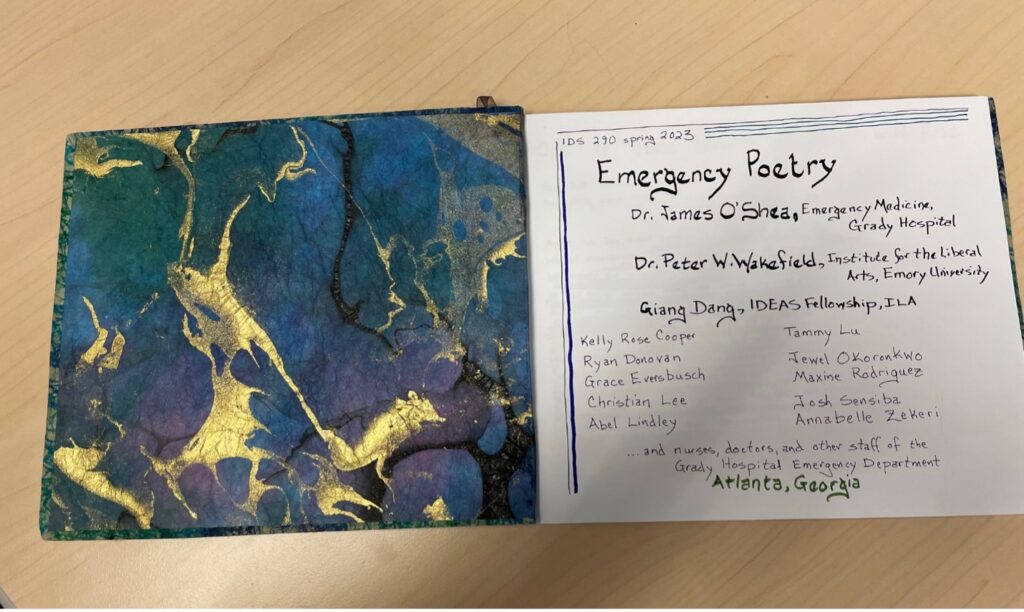
Emory University’s Institute for the Liberal Arts (ILA) organizes one-credit, interdisciplinary “sidecar” classes that bring together two faculty from different departments with two undergraduate IDEAS Fellows all of whom collaboratively teach a course that spans their respective disciplines. In the sidecar course Emergency Poetry, an emergency department doctor and an interdisciplinary philosopher get (mostly) pre-med undergraduates to reflect on published poetry; doctors and staff from the ER at community partner Grady Hospital join the sessions, bringing their experience (and favorite poetry) to share; and at the end of the semester, participants produce a book with hand-written and illustrated favorite poems, which then resides permanently in the hospital breakroom.
PUBLIC HUMANITIES COURSE
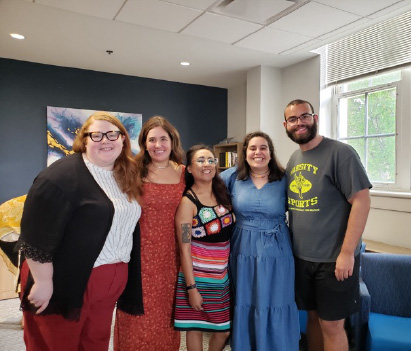
Professors Vialla Hartfield-Méndez and Karen Stolley co-taught a graduate course on Public Humanities in spring 2024 in which student teams worked on projects with community partners and that incorporated both the Public Scholar Imagination Guide and the Public Scholar Conversation Cards as essential tools to spark individual and collective exploration and reflection on what “public humanities” can mean and how mapping of one’s institution can reveal gaps and opportunities for support.
Featured Image: IDEAS Fellows gather for a story circle
Public Humanities Image: PhD students with community partners from the Latin American Association

